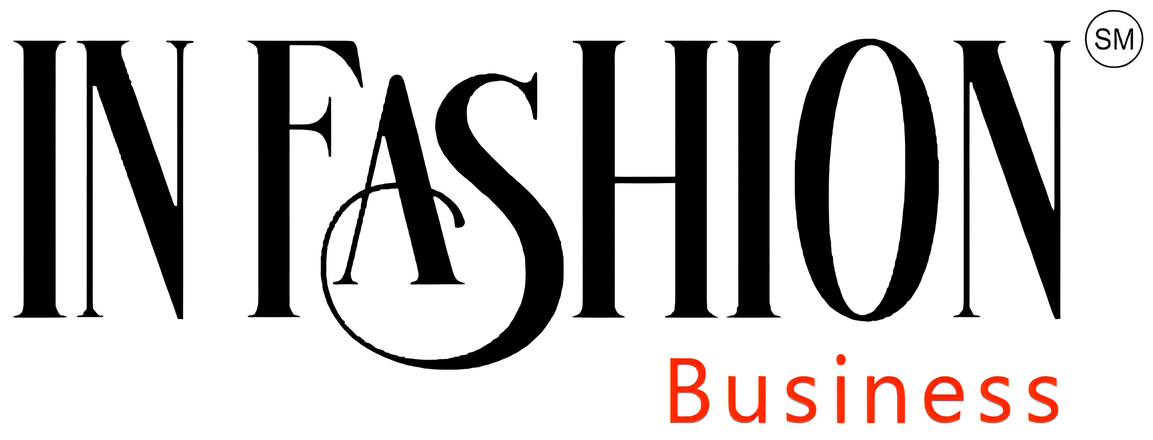COTTON TEXTILE EXPORTS 29 PERCENT DECLINE RAJYA SABHA EXPORT PERFORMANCE COTTON YARN MADE-UPS RAW COTTON INTERNATIONAL MARKETS UNITED STATES BANGLADESH CHINA SRI LANKA UAE GUJARAT COTTON PRODUCTION MAHARASHTRA TELANGANA GOVERNMENT MEASURE NATIONAL
NEW DELHI, INDIA
By IFAB MEDIA - NEWS BUREAU - December 19, 2024 | 309 3 minutes read
India's cotton textile exports have experienced a substantial downturn, with export values dropping to USD 12,258 million in 2023-24, representing a nearly 29 percent decline compared to the 2021-22 figures, according to data tabled in the Rajya Sabha during the ongoing winter session.
The comprehensive breakdown reveals a nuanced picture of the textile sector's export performance. Compared to the USD 17,166 million export value in 2021-22, cotton fabrics and made-ups saw a 19 percent reduction, while cotton yarn exports declined by 31 percent.
Raw cotton exports were hit even harder, plummeting by 60 percent. However, a silver lining emerged with other textile yarns and made-ups registering a 12 percent increase.
The export trajectory has been volatile, with values falling to USD 11,085 million in 2022-23 before experiencing an 11 percent recovery in the subsequent fiscal year.
Key international markets for Indian cotton textiles include the United States, Bangladesh, China, Sri Lanka, and the United Arab Emirates.
Gujarat, which traditionally accounts for approximately 30 percent of India's cotton textile exports, witnessed a significant drop from USD 4,760 million in 2021-22 to USD 3,615 million in 2023-24.
In the domain of cotton production, Gujarat continues to lead, producing over 90 lakh bales of 170 kilograms each during the October-September 2023-24 period.
The state has seen a remarkable 20 percent rise in cotton production. In contrast, Maharashtra, the second-largest producer, experienced a two percent decline, producing 80 lakh bales, while Telangana ranked third with 51 lakh bales.
To counteract the export challenges, the government has implemented several strategic measures. These include the Rebate of State and Central Taxes and Levies (RoSCTL) scheme for apparel and made-ups, and the Remissions of Duties and Taxes on Exported Products (RoDTEP) for other textile products.
A significant initiative is the upcoming BHARAT TEX 2025 in February, aimed at showcasing India's textile value chain and positioning the country as a premier sourcing and investment destination.
The government has also leveraged trade diplomacy, signing 14 Free Trade Agreements and 6 Preferential Trade Agreements to facilitate easier access to global markets.
On the research front, the ICAR-Central Institute for Cotton Research has been pivotal, releasing 333 cotton varieties over the past decade, comprising 191 non-Bt and 142 Bt varieties, demonstrating ongoing efforts to enhance cotton productivity and quality.











